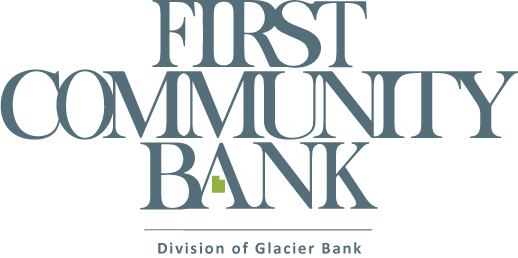Debt - The Trap We Can All Fall Victim To
By Misty Hardy| Published February 7, 2024
Debt is a stark reality for so many that has become increasingly difficult and often overwhelming. While medical bills and other unexpected expenses may hurt your cash flow, it’s the fear of missing out (FOMO) that causes the most credit card debt.
There is good and bad debt. Good debt for example would be taking out a mortgage or investing in oneself for a better education. Good debt can help to increase your net worth or has future value. If it doesn’t do that and you don’t have the cash to pay for it, it could be considered bad debt.
Being in debt can be stressful and can make qualifying for loans for a home or school difficult and lead to higher borrowing costs. It may also prevent you from landing your dream job, since some may run credit checks when you apply. “Debt is like any other trap, easy enough to get into, but hard enough to get out of.”
Generally, there are two ways to pay off your debts faster, unless you suddenly inherit big from a long-lost uncle. Since that uncle is still long lost for most of us, we will focus on the more likely ways, which are to earn more or spend less. It may not be feasible to pick up a part-time job or start selling all your one-of-a-kind creations and trinkets online, but you can adjust your budget. Begin by looking at all the items in your monthly spending and arrange them based on the level of importance.
Classify each as a need or a want.
Highlight those that can be reduced or eliminated. Then make the necessary adjustments to your budget and use the excess to pay extra on your monthly debts. You can make short-term financial sacrifices to free up funds that can be used to pay down your debts faster by paying more than the minimum payment.
When paying more than the minimum payment, I recommend also applying the debt snowball method for debt reduction. With this method you will make the minimum payment on all your debts except for the smallest one. On this one you will pay as much as you can by ‘snowballing’ payments toward the smallest debt. In doing this you’ll eliminate it quickly and move onto the next smallest debt while paying minimum payments on the rest. This method can help motivate you to focus on one debt at a time instead of multiple.
This will help you build momentum and stay on track. The only instance in which this method would not work is for a payday loan or title loan. These tend to have a much higher interest rates and should be paid off as soon as possible.
Saving while paying off debt is possible and necessary. While paying down debt, make sure to still make manageable contributions to your savings. Make paying yourself a monthly bill. Act as though your savings account is a monthly bill and stick to paying it. Once you have paid off your debt you can then aggressively build your savings account by contributing that amount you were previously paying each moth toward debt. Having this savings for future life emergencies or for future plans can help reduce the stress we all feel during sudden unexpected expenses.
Do not forget to pay yourself back each time you use the savings for anything though so you will continue to be ready for those expenses or experiences in life and still be able to financially stress free.
Reference: “Debt is like any other trap, easy enough to get into, but hard enough to get out of.” Josh Billings (1913). “Wit and Wisdom of Josh Billings [pseud.]: Choice Bits of Fun and Philosophy of the Great Humorist Carefully Collected and Revised”
